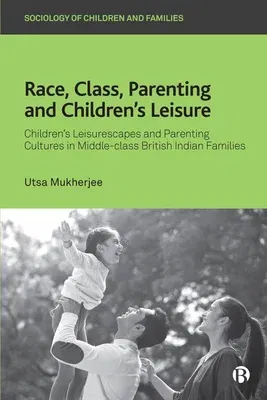Utsa Mukherjee
(Author)Race, Class, Parenting and Children's Leisure: Children's Leisurescapes and Parenting Cultures in Middle-Class British Indian FamiliesHardcover, 7 March 2023

Qty
1
Turbo
Ships in 2 - 3 days
Only 2 left
Free Delivery
Cash on Delivery
15 Days
Free Returns
Secure Checkout

Part of Series
Sociology of Children and Families
Print Length
182 pages
Language
English
Publisher
Bristol University Press
Date Published
7 Mar 2023
ISBN-10
1529219515
ISBN-13
9781529219517
Description
Product Details
Author:
Book Format:
Hardcover
Country of Origin:
GB
Date Published:
7 March 2023
Dimensions:
23.39 x
15.6 x
1.12 cm
Genre:
Multicultural
ISBN-10:
1529219515
ISBN-13:
9781529219517
Language:
English
Pages:
182
Publisher:
Weight:
430.91 gm